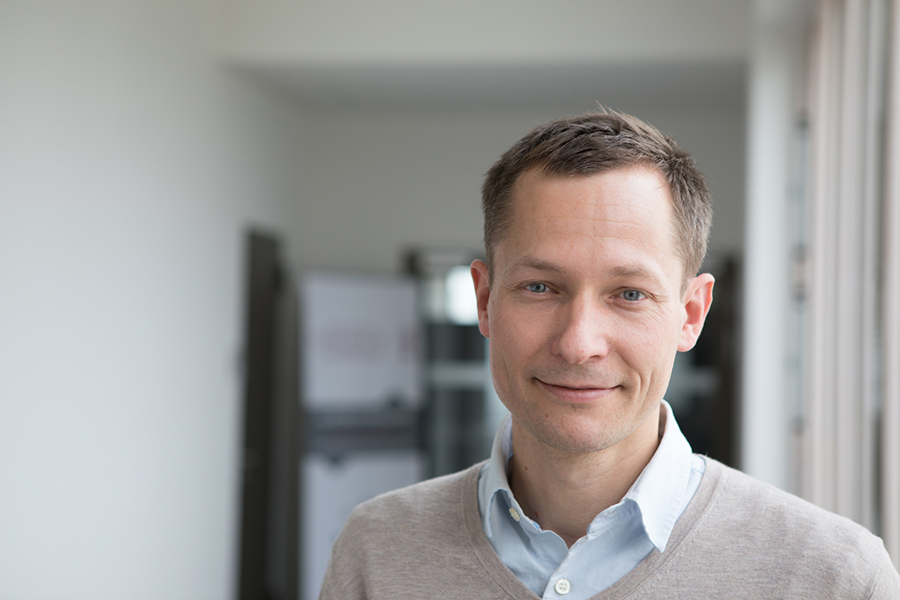Doctoral thesis program in medical research for researchers in natural sciences
Improving medical research requires researchers in the natural sciences - so-called Medical Scientists - to work on patient-oriented issues, too. However, career prospects are rarely clearly defined and there is a lack of systematic advanced training programs. This is where the new funding line of the EKF Foundation steps in. After announcing the two Else Kröner Medical Scientist funding lines for postdocs in September, a new program for younger scientists is following suit in Tübingen.

Prof. Dr. Jakob Macke (© Friedhelm Albrecht/University of Tübingen)
For up to four years, the EKFS is funding the three programs with one million euros each. “In a competitive process, three locations were able to prevail with their concepts for laying out sustainable structures for the promotion of young researchers. A total of 30 medical faculties had applied with a wide variety of proposals,” explains Prof. Dr. Michael Madeja, Chairman of the Board of the EKF Foundation. “The concepts we received revealed that the close connection between basic and patient-oriented research is vital, especially in the early stages of young researchers’ careers, i.e. during their doctoral thesis.” The third Medical Scientist program, approved in 2021, starts in the applicants’ doctoral phase thus making young scientists familiar with clinical issues.
“ClinBrAIn: Artificial Intelligence for Clinical Brain Research”, speaker: Prof. Dr. Jakob Macke, Cluster of Excellence Machine Learning, University of Tübingen and Bernstein Center for Computational Neuroscience Tübingen.
Advances in artificial intelligence (AI) have the potential to improve medical research and practice. However, it is enormously difficult to translate theoretical findings in AI research into medical practice. The goal of the Else Kröner Medical Scientist funding line ClinBrAIn is to close this gap. It will train so-called Medical Machine Learning-Scientists, who develop AI methods optimized for clinical questions and problems in close cooperation with clinical experts in order to transfer them into clinical application.
ClinBrAIn, which is led by Prof. Dr. Jakob Macke together with PD Dr. Kathrin Brockmann and Prof. Dr. Martin Giese, is a joint initiative of working groups from AI research (the Cluster of Excellence Machine Learning, the Tübingen AI Center and the Bernstein Center for Computational Neuroscience Tübingen) and clinical groups from the University Clinic as well as the Hertie Institute for Clinical Brain Research. The program focuses on various diseases of the nervous system in order to develop specific methods on a number of exemplary applications. These have the potential to lead to clinically relevant improvements.
Else Kröner-Fresenius Foundation (EKFS) – Supporting research. Helping people
The non-profit Else Kröner-Fresenius Foundation is dedicated to promoting medical research and supporting medical-humanitarian projects. To date, it has funded around 2,200 projects. With an annual funding volume of currently more than 60 million euros, it is Germany’s largest foundation supporting medicine.
Translated from the original press release




